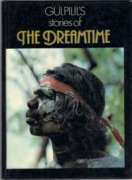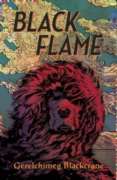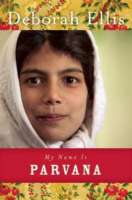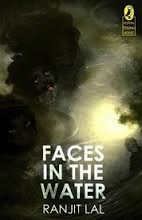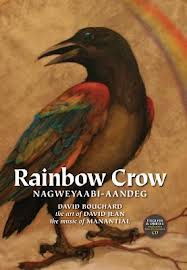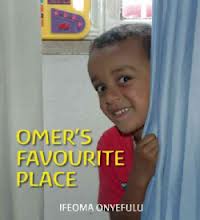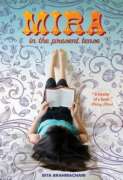
Twelve-year-old Mira comes from a chaotic, artistic, and outspoken family in which it’s not always easy to be heard. As her beloved Nana Josie’s health declines, Mira begins to discover the secrets of those around her and also starts to keep some of her own. She is drawn to mysterious Jide, a boy who is clearly hiding a troubled past. As Mira is experiencing grief for the first time, she is also discovering the wondrous and often mystical world around her.
This book is originally published in the UK as Artichoke Hearts.

